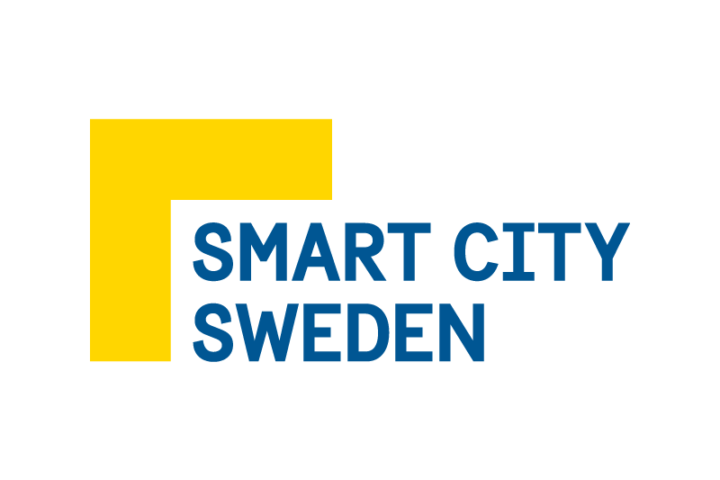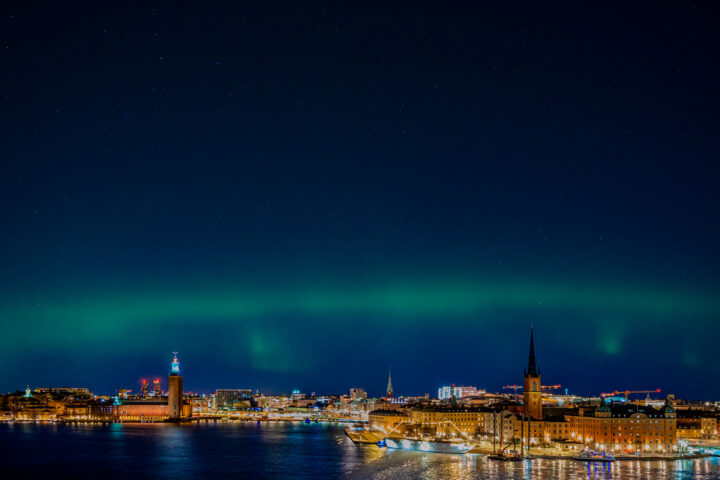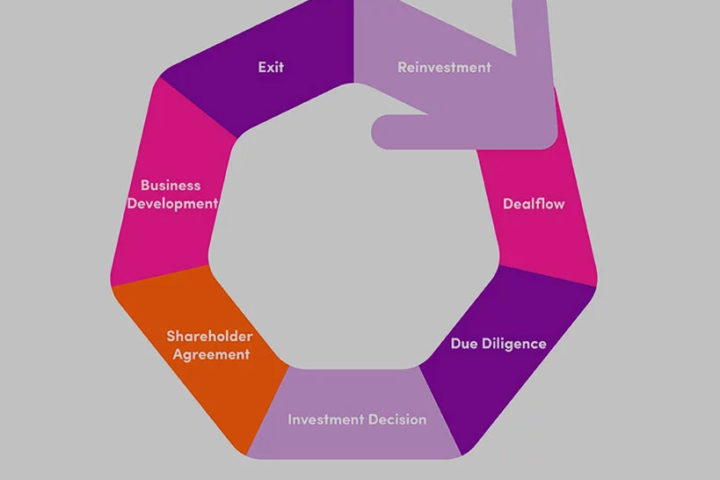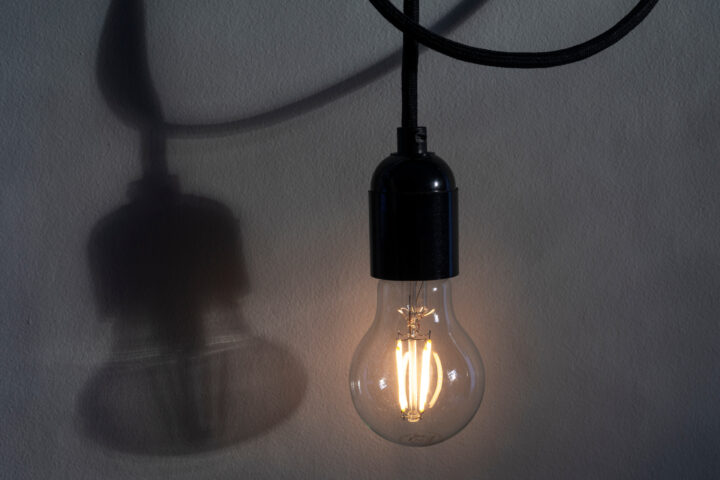North Sweden Cleantech is a regional innovation and export platform for green technology, clean energy and sustainable solutions from Västerbotten and Örnsköldsvik. We are convinced that green technology and clean energy from northern Sweden can develop the global market for sustainable growth.
North Sweden Cleantech facilitates technical and business visits to investors, companies and organisations to specific objects in Västerbotten and Örnsköldsvik. We can tailor a visit to suit your requirements.
We welcome investors, companies, entrepreneurs, researchers and government officials to visit northern Sweden visit companies and meet with innovators and change agents. Or, even visit specific Reference Objects listed.
Visits can be arranged within 12 different categories;
Air
Many cities around the world today have problems with poor air quality, and often it is the combination of heat and car exhaust that is the cause. The low solar radiation during the winter compounds this problem. Both Umeå, and Örnsköldsvik municipalities together with businesses, and regional and central works have developed an action plan to improve the air, through planning, and influencing behavior and cleaner travel.
Bioeconomy
The forest has always been a major industry in the region and the largest use of forest raw materials today is pulp for manufacturing paper products and sawn timber. By utilising the industry’s residual process streams, new valuable and fossil free products with great potential can be developed. This is in line with the vision that Sweden should be a bioeconomy by 2050.
North Sweden has a large number of bio-based industries. Processum supports and initiates research and development within biorefinery. Together with other biorefinery initiatives, the cluster with partners from industry and academy constitutes an important hub for development of new products, processes and energy solutions from wood raw material and residual streams from the process industry.
Some examples of projects in which Processum is involved are single cell protein for use in fish feed, covering of mine waste with green liquor sludge, different products and biofuels from lignin, development of green chemicals etc. Early 2017 Europe’s first pilot plant for nanocrystalline cellulose will be built. In Örnsköldsvik there is also the Biorefinery Demo Plant.
Circular economy
Circular economy is all about a framework for an economy that is restorative and regenerative by design. Unlike in todays linear economy, in a circular economy we see everything as a resource for something else – waste doesn’t exist. How do business models need to change to suit a circular economy? What does this new way of thinking mean for the business community? How can profitable business models be combined with social and environmental responsibility? How can we design products right from the beginning, and do things even better, instead of just less bad?
We offer several interesting technical visits sights under the theme circular economy. We also offer lectures on basic circular economy where these questions and more are answered. Some parts of the activities offered within the theme of circular economy can lead to a minor cost for the visitor.
Construction
New buildings use significantly less energy than existing buildings, which in turn can reduce their energy use with smart renovation methods. Umeå region has evolved as a hub for sustainable construction and management, and the interest in our work is great. Umeå’s objective is to become a world leader in sustainable construction by 2020.
Skellefteå has invested heavily in wooden buildings construction, which is by far more environmentally friendly than building concrete homes. For each cubic meter of wood replacing concrete, carbon emissions are reduced to one thirteenth. The equivalent of 0.9 tonnes of carbon dioxide is stored in each cubic meter of wood; and during the production phase, carbon dioxide emissions are reduced by further 1.1 tonnes of carbon dioxide per cubic meter.
Clean Energy
Perhaps the world’s greatest challenge is to reduce emissions of greenhouse gases, mainly fossil carbon dioxide. This requires energy transition, avoiding fossil fuels like coal, oil and natural gas, minimizing energy consumption, and to make citizens more aware of consequences of not acting on climate change.
Both Umeå and Örnsköldsvik, offers free energy and climate advice to all citizens. Additionally, Umeå’s ‘Project Green Umeå’ prepares environmentally conscious Citizens.
The key players in the region within energyproduction is Skellefteå Kraft, Umeå energy, and Örnsköldsviks energy. The energy from these units comes from biomass, water power, wind power and househould waste. Umeå Energi’s electricity and district heating is 100% from renewable resources. District heating is also produced from the waste heat generated by the pulp mill SCA Packaging Obbola.
Forestry
56% of Sweden and 70% of North Sweden is productive forest land. Hence biomass is a large renewable energy source in the country. North Sweden is well known for its expertise in forestry, wood technology, biofuels and bioeconomy.
The forest landscape of Västerbotten and Örnsköldsvik is varied with fertile spruce slopes, large wetland areas and pine heaths. The Swedish University of Agricultural Sciences in Umeå (SLU) Faculty of Forest Sciences is a world leader in forest research and Örnsköldsvik has a great bio-based industries. Processum is the world leader in forest biorefinery and engaged in both research and development of new products and green chemicals.
Investments and startups
The region offers a huge opportunity to conduct business and invest in establishing new companies in the Cleantech sector. Cleaner Growth has a suite of services that can facilitate business and investment. It offers exclusive business matching services that provides a win-win solution.
Life Science
Both Västerbotten and Västernorrland counties have a range of smart solutions in terms of life science with a strong focus on environment, and innovation. Projects such as production of protein for fish food from wood, or using algae cultivation to reduce emissions of carbon dioxide and purify waste water and at the same time produce an energy-rich algae mass that is raw material for biodiesel or animal feed are just some examples.
Transport
The development of fossil-free transportation in cities of the future is critical. Umeå, has extremely innovative electric buses adapted to cold climates. Umeå’s goal is to have fossil-free city traffic by 2020.
Urban Planning
With an estimated 40% growth in the number of people living in cities in 30 years, urban planning takes centre stage. To plan well and build sustainable is normally a profitable business for both the environment and your wallet. Sustainable Ålidhem and the Green Zone are examples of such projects.
Sustainable Ålidhem is a unique pilot project for sustainable urban development which includes social, technical, environmental and economic changes. The overall objective of the renovation of the residential area was to reduce energy use in the area, creating pleasant and safer environment and transform Ålidhem to a sustainable district.
The purpose of the Green Zone in Umeå is to stimulate new thinking and increased knowledge in eco-friendly construction and provision of services.
Waste
Through a long-term perspective, Sweden has become a world leader in waste management in a sustainable way. Less than 2% of all waste produced in Sweden is put in landfill, the rest is treated biologically by composting or anaerobic digestion, recycled or energy recovered by waste incineration.
The waste incineration plant Dåva1 in Umeå has been running for 16 years and is still one of the world’s most energy efficient and environmentally friendly plants for district heating and electricity with waste as the main fuel. The heat from the flue gases is recovered in the heat exchangers and advanced filtering system allows the degree of purification of air emissions to be 99.5%. Dåva1 incinerating residual waste from the local area, but also import waste from other countries, Norway and the UK.
Clean Water
If built correctly Sewage Treatment Plants in cities, can become one of the most important environmental conservation facilities in the city. In Skellefteå, Umeå and Örnsköldsvik the wastewater purification and sludge digestion provides commercial products in the form of biogas that can be used as fuel, heating or electricity generation as well as odor and germ-free fertilizer to the soil in e.g. agriculture or forestry. Our landfills also have well developed and the innovative wastewater treatment systems worth visiting.





